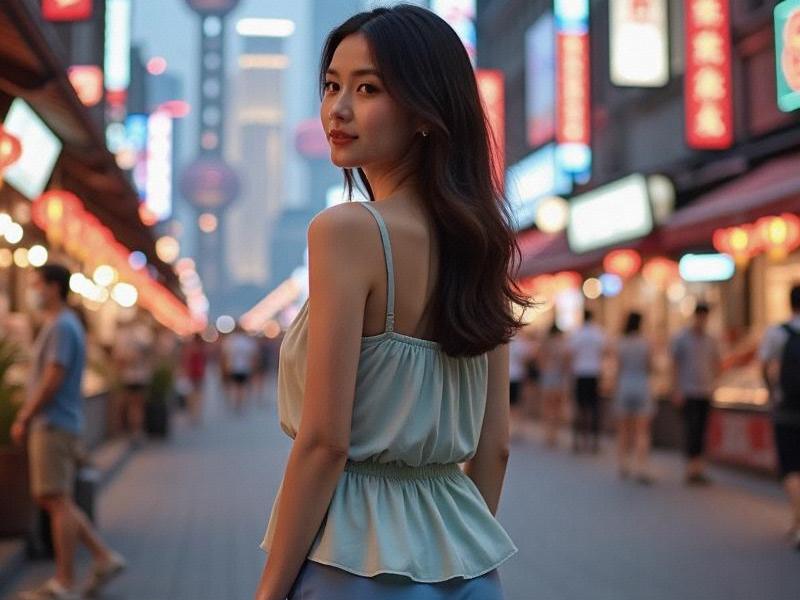An in-depth exploration of how educated Shanghai women are breaking traditional molds while creating new paradigms for Chinese womanhood in the 21st century global context.

Section 1: Historical Context of Shanghai Femininity
- The "Shanghai Girl" archetype through decades (1930s silk-stocking factories to 2020s tech startups)
- Comparative analysis with Beijing's political women and Guangzhou's merchant-class femininity
- Footbinding legacy vs modern power dressing in Lujiazui financial district
Section 2: Education & Professional Pioneers
- Shanghai's female university enrollment rates (68% in 2025, surpassing male counterparts)
- Glass ceiling breakthroughs: 42% of senior positions in multinationals now held by women
爱上海最新论坛 - Case study: Female-led AI startups in Zhangjiang High-Tech Park
- The "Double Income No Kids" phenomenon among millennial couples
Section 3: Cultural Leadership & Soft Power
- Women shaping Shanghai's art scene (Power Station of Art curatorial team profile)
- Emerging literary voices redefining Chinese feminism (Sanlian Bookstore roundtable)
- Fashion designers blending qipao elements with streetwear (Labelhood Festival insights)
上海花千坊龙凤 - Female celebrity chefs preserving Shanghainese culinary heritage
Section 4: Social Architecture Transformation
- Marriage age statistics (average 32.4 years in 2025) and changing family values
- Property ownership: 63% of luxury apartments bought by single women
- Wellness revolution: Yoga studios replacing mahjong parlors as social hubs
- Digital nomad communities fostering new support networks
上海私人外卖工作室联系方式
Section 5: Global Integration Patterns
- Comparison with Singapore's "Sarong Party Girls" phenomenon
- Returnee ("hai gui") women reshaping local business etiquette
- Cross-cultural marriage trends in Former French Concession expat enclaves
- Multilingualism as career accelerant in multinational corporations
Conclusion: The Shanghai Model
Far surpassing outdated orientalist stereotypes, Shanghai's women are architecting a new Asian femininity model that harmonizes professional achievement with cultural authenticity - offering developing economies an alternative to Western feminism paradigms.